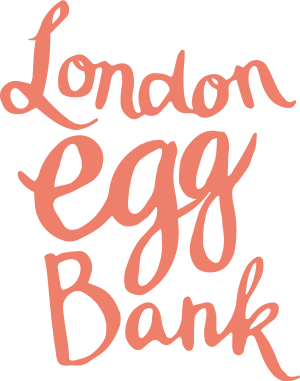New research from the University of Cambridge challenges traditional beliefs about families formed through assisted reproduction.
The study, spanning 20 years, found that children born through egg donation, sperm donation, or surrogacy develop strong, healthy relationships with their parents, just like children conceived naturally. However, the study highlights the importance of early openness about a child's biological origins.
The researchers followed 65 UK families with donor-conceived children and compared them to families with naturally conceived children. They found no significant differences in psychological well-being or parent-child relationships between the two groups at age 20 and did not identify significant donor-conceived trauma. This dispels the myth that a lack of biological connection hinders family bonding.
The question of their biological background didn't seem to weigh heavily on these young adults. As a young man conceived through surrogacy shared, "It's not a big deal to me. People are born in all sorts of ways, and if I was born a little bit differently, that's alright. It makes sense."
Transparency is the key factor to building strong relationships in families with donor-conceived children.
The study revealed a fascinating trend. Mothers who openly discussed their child's conception before school age reported stronger family relationships and lower anxiety compared to mothers who waited. This benefit extended to the young donor-conceived adults, who reported better communication and parental acceptance when they were informed early.
"There does seem to be a positive effect of being open with children when they're young," said Professor Susan Golombok, lead researcher on the project. "It's something that's been shown by studies of adoptive families too."
Interestingly, the study found that young adults conceived by sperm donation reported poorer communication with their parents compared to egg donor-conceived adults. This might be due to greater secrecy surrounding sperm donation, with some fathers hesitant to disclose their role. In fact, only 42% of sperm donor families disclosed by age 20, compared to 88% of egg donation families.
Love and a strong desire for children are key to a strong relationship in the family with donor-conceived children.
In the past, people believed a biological connection between parents and children was crucial for strong family bonds. However, with assisted reproduction becoming more common, Professor Golombok observes a shift: "This research shows that the method of conception doesn't matter – what truly matters is the love and desire to have children."
This ground-breaking study provides valuable insights for families considering assisted reproduction. Open communication about a child's origins from a young age appears to strengthen family bonds and foster healthy emotional development.
A team from Cambridge University embarked on a two-decade study, tracking 65 UK families who conceived through assisted reproduction – 22 via surrogacy, 17 using egg donation, and 26 with sperm donation. Their children were followed from infancy to the cusp of adulthood (age 20). To provide a benchmark, the researchers also compared them with 52 families who conceived naturally over the same timeframe.
Original article on the University of Cambridge website
Learn More about Donor-Conceived Children

New UK law allows young people born via Egg Donation to discover donor identities
By the end of 2024, approximately 766 young people will reach 18 and have the opportunity to request identifying information about their donors, rising to nearly 11,500 by 2030.
Egg donor anonymity enters a new phase in 2023
Donor-conceived people reaching 18 this year will be the first to benefit from a 2005 legal change that will allow them to gain access to more identifiable donor information.
